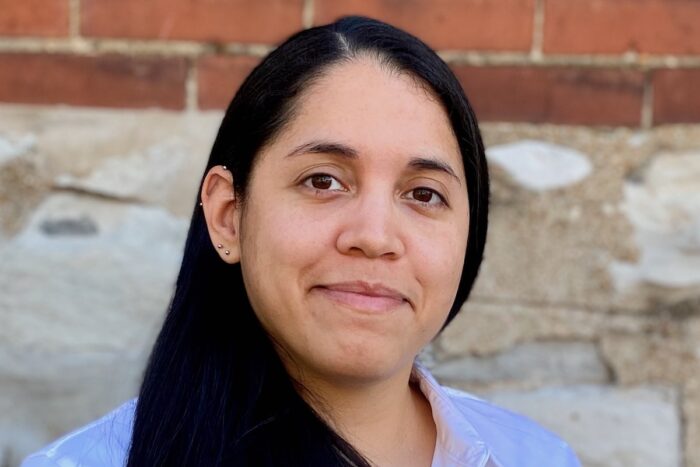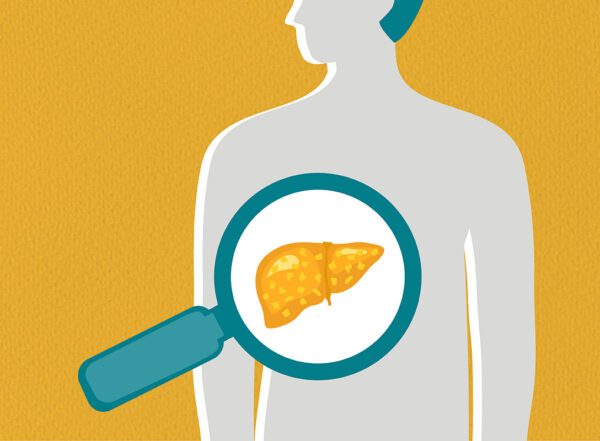Camacho honored by NIH for research on emotional neurodevelopment
Neuroscientist selected for High-Risk, High-Reward program
 Photo courtesy of Camacho
Photo courtesy of CamachoMaria Catalina Camacho, PhD, a neuroscientist in the Department of Psychiatry at WashU Medicine, has received the NIH Director’s Early Independence Award, part of the National Institutes of Health (NIH) High-Risk, High-Reward Research program.
Maria Catalina Camacho, PhD, an assistant professor in the Department of Psychiatry at Washington University School of Medicine in St. Louis, has received the NIH Director’s Early Independence Award, part of the National Institutes of Health (NIH) High-Risk, High-Reward Research program.
This year, the award provides $1.25 million over five years to, according to the NIH, “promising, newly graduated scientists with the intellect, scientific creativity, drive and maturity” to take an accelerated path to an independent research career. Around 10 scholars are selected for this opportunity annually.
Camacho’s research focuses on how the human brain makes sense of a person’s social and emotional worlds, with the goal of better understanding the neurobiological underpinnings that place some children at risk for developing anxiety or depressive symptoms.
The grant will help fund a study that will test a computational model of how early experiences shape emotional neurodevelopment. To build such a model, Camacho’s lab will collect data from 3- and 4-year-old children. “By doing this, we can test hypotheses about how early social experiences shape our brains to learn how to understand emotions,” Camacho said. “We think that early emotional neurodevelopment can set up a child to be more or less vulnerable to developing anxiety or depressive symptoms later in life, so this is an important basic scientific step to understanding how depression and anxiety emerge.”
“I am so excited by this study,” Camacho said. “I’ve always been motivated to study anxiety and depression by, unfortunately, the many loved ones in my life who have struggled with these symptoms, especially the negative social consequences of them. Depression and anxiety commonly co-occur but have distinct features. I and many others think that identifying the developmental and neuroscientific basis will make it easier to identify children at risk and potentially inform intervention and treatment.”
Chad M. Sylvester, MD, PhD, an associate professor of psychiatry at WashU Medicine who has mentored Camacho, said she “is a superstar who is incredibly deserving of this highly competitive early-career award. She is the whole package: Dr. Camacho has groundbreaking ideas; she is a gifted communicator; she is a tireless and highly dedicated mentor; and she is an amazing colleague and collaborator. I cannot wait to see the incredible science that she produces.”
Camacho earned a bachelor’s degree with honors in psychology in 2014 from Stanford University in Palo Alto, Calif., and her doctorate in neuroscience in 2022 from WashU Medicine’s Division of Biology & Biomedical Sciences under Deanna M. Barch, PhD, vice dean of research and a professor of psychological & brain sciences in Arts & Sciences, and the Gregory B. Couch Professor of Psychiatry. Camacho is continuing her research at WashU Medicine.






